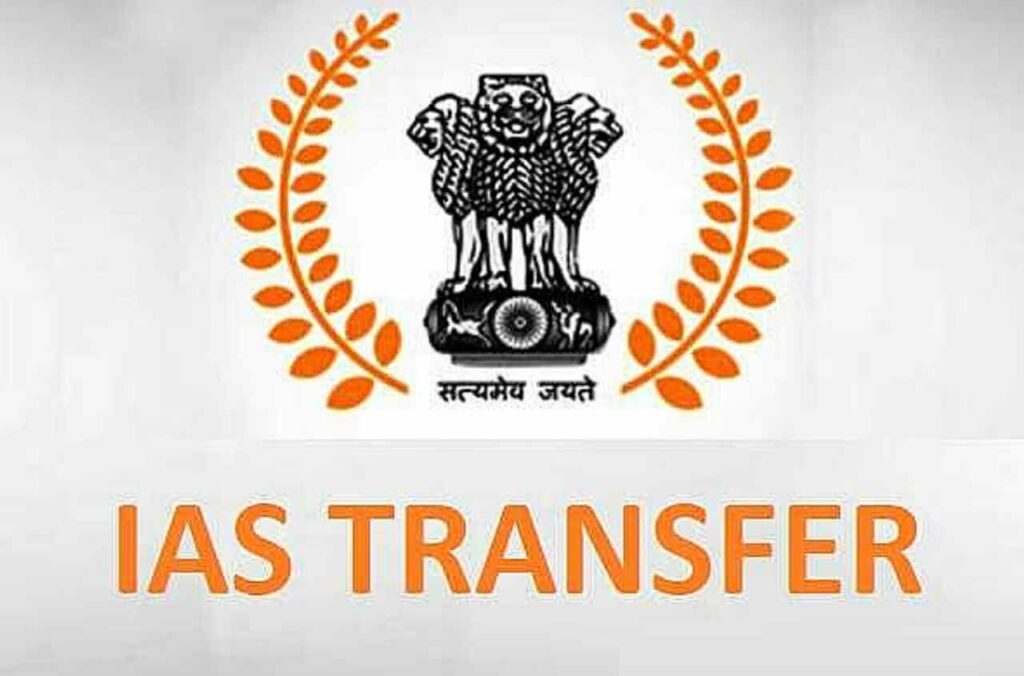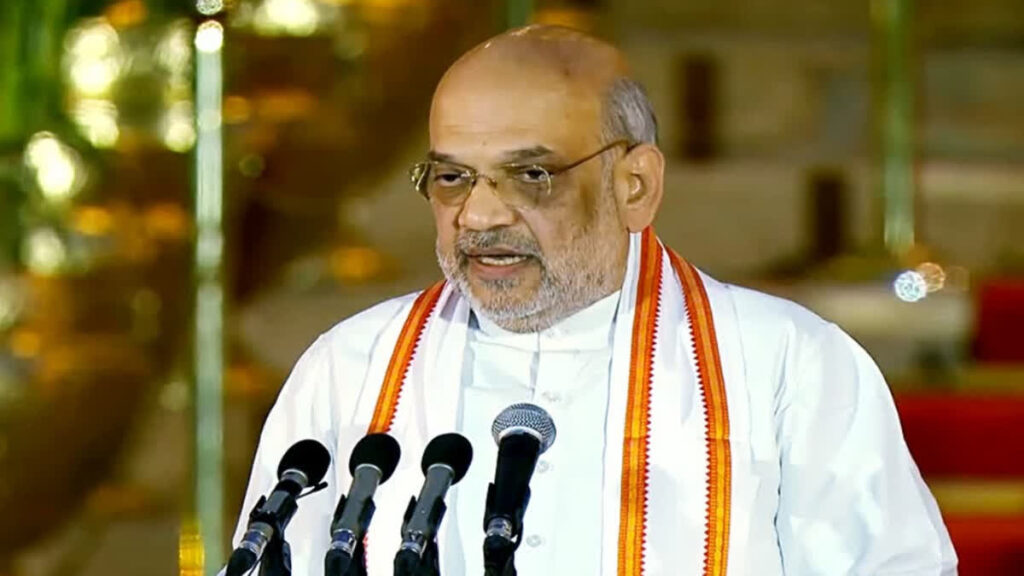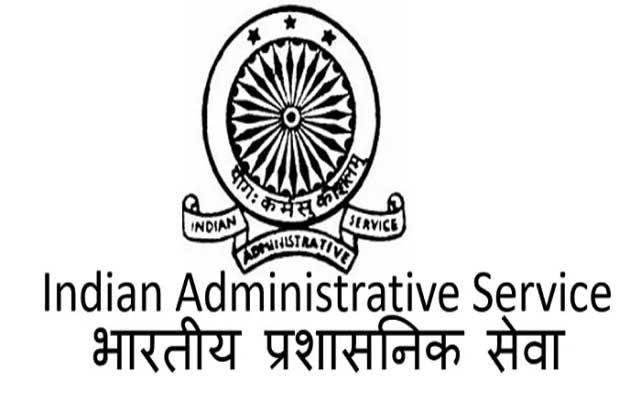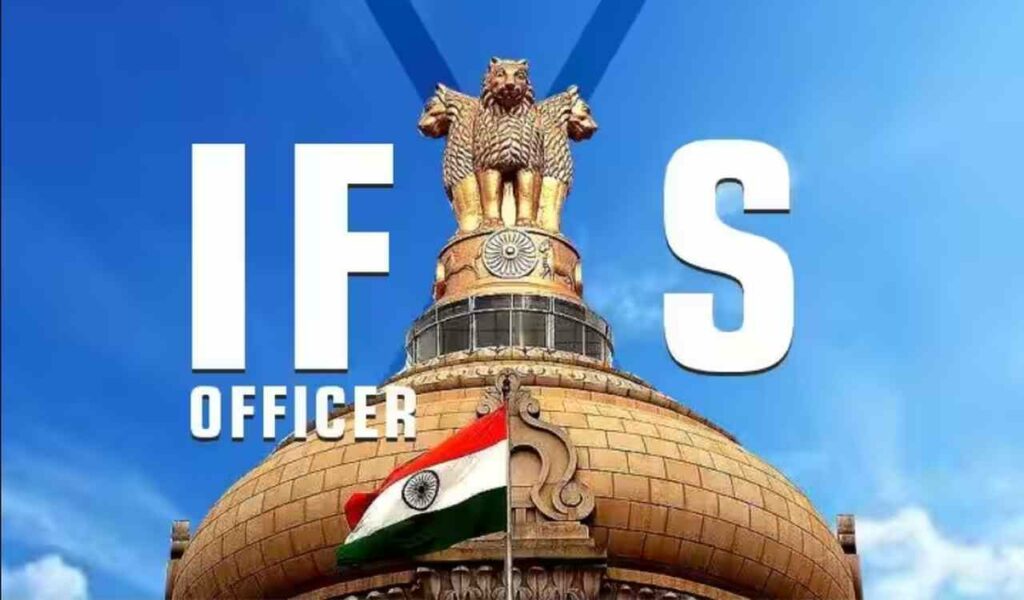Dehradun: The Joint Parliamentary Committee constituted at the level of the Government of India on One Nation One Election has sought a detailed report from all the states including Uttarakhand on the advantages and disadvantages of simultaneous elections. The committee has said to submit the report to the committee within the next six months. The committee has emphasized that this issue is of national interest. Therefore, whatever decision will be taken in the coming days, national interest will be paramount in it. In fact, the JPC constituted for One Country One Election discussed the matter by holding a meeting with leaders, bureaucrats and many other people in Uttarakhand.
The series of meetings of the Joint Parliamentary Committee to take feedback on the Constitution (129th Amendment) Bill 2024 and the Union Territory Laws (Amendment) Bill 2024 related to holding simultaneous elections across the country started in Uttarakhand on 21 May. The two-day meeting held in several phases concluded on Thursday. After the meeting concluded, the chairman of the committee PP Chaudhary shared the experiences of two days. Chairman PP Chaudhary said that the committee has so far taken feedback on one country one election from the states of Maharashtra and Uttarakhand.
Till the year 1967, Lok Sabha and Assembly elections were held simultaneously. But after this the circle of simultaneous elections deteriorated. However, efforts were made for simultaneous elections from the year 1994, but this system could not flourish. In such a situation, at present, efforts are being made again for better changes in the election system. The committee is taking feedback at its own level. Along with this, all the states have been asked to do a detailed study related to the disadvantages and advantages of simultaneous elections and send the report, so that the committee can get assistance in improving its report. PP Chaudhary, Chairman, Joint Parliamentary Committee
JPCChairman PP Chaudhary said that there is no fixed timeline for the committee to prepare the report. The committee is not in any hurry. Because this work is important for the country’s interest, the committee is focused on doing concrete work. The committee will reach all the states in the country. If simultaneous elections start taking place, the economy will benefit by Rs 5 lakh crore. This will be about 1.6 percent of GDP. He asked, even today many elections are held simultaneously, is it wrong? He said that during elections, 4 crore 85 lakh workers move from one place to another in the country. This also has a bad effect on industries. Also, weather is also a major factor affecting the elections.
The Joint Parliamentary Committee believes that for the last several years, Lok Sabha elections are being held in April-May in the entire country, a circle has become fixed. Many things are to be decided later regarding the simultaneous elections, but it is being suggested that April-May would be the right time for holding simultaneous elections. Committee chairman PP Chaudhary says that in a democracy everyone has the right to express their views. In such a situation, if someone is putting forward an argument against simultaneous elections, then the committee is listening to it. He said that all the members of the committee are from different political parties. Whatever their role is within the Parliament, but as a member of a committee, everyone is working in accordance with parliamentary traditions. He said that every technical problem will be resolved. It is being considered that once the circle of simultaneous elections is decided, if for some reason there is a need for re-election, then elections will not be held for the entire five years. Rather, elections will be held only for the remaining period. It is necessary to maintain the circle under all circumstances. The Joint Parliamentary Committee formed for One Nation One Election has 41 members, out of which two are nominated and they do not have voting rights. During their stay in Uttarakhand, these members discussed the elections in detail with representatives of various organizations and departments.







